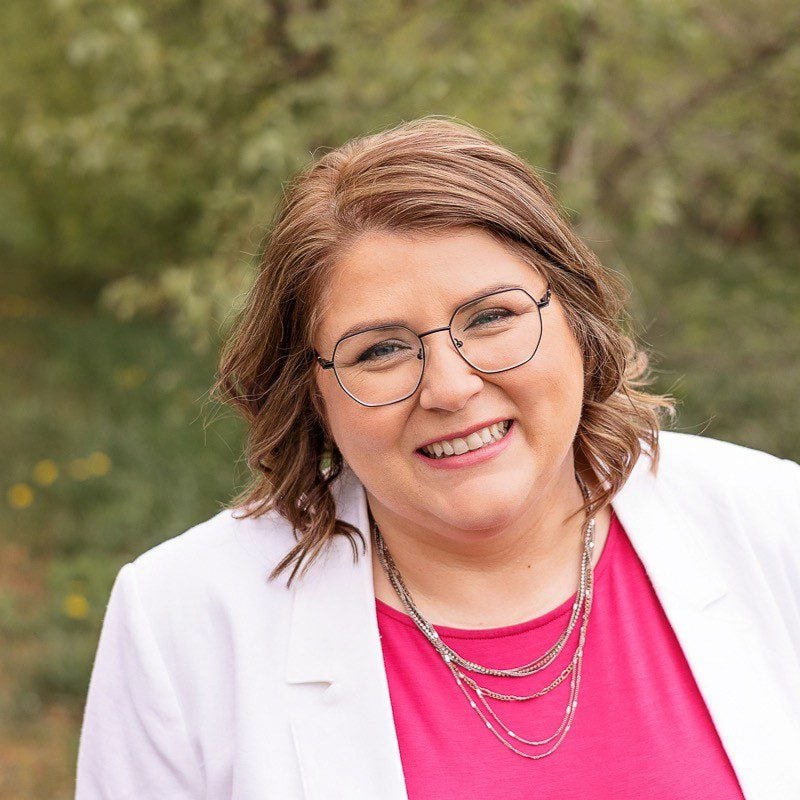Expat School Selection 101: Time To Do Your Homework
 Sometimes, life as an expat feels like a permanent vacation, even when you’re busy with work. It’s hardly taxing to attend meetings in beautiful buildings, organize conferences in exciting cities, and meet colleagues from all over the world. But for expat kids, there is no vacation from the rigors of homework, exams, and assignments. And for their parents, finding the best international school is a source of significant stress. You want to find the perfect balance of high academic standards, engaging, attentive teachers, and fun extracurriculars. In short, you want your child to thrive in their new expat school. It’s a tall order, especially if it’s your first trip overseas. Here are some practical tips for tackling one of the most daunting aspects of expat life.
Sometimes, life as an expat feels like a permanent vacation, even when you’re busy with work. It’s hardly taxing to attend meetings in beautiful buildings, organize conferences in exciting cities, and meet colleagues from all over the world. But for expat kids, there is no vacation from the rigors of homework, exams, and assignments. And for their parents, finding the best international school is a source of significant stress. You want to find the perfect balance of high academic standards, engaging, attentive teachers, and fun extracurriculars. In short, you want your child to thrive in their new expat school. It’s a tall order, especially if it’s your first trip overseas. Here are some practical tips for tackling one of the most daunting aspects of expat life.
Nobody Knows Your Child Like You
Overwhelmed with where to start? Ask yourself what your child loves about their current school. What about it encourages them to thrive? Are any factors holding them back or causing stress? Let this be your starting point in choosing an expat school. You can never replicate the friends they have at home, but a school with a focus on diversity and a strong focus on creativity is a great combination for the social child who’s eager to meet new friends. A child who struggles with reading but found their footing with a calm, caring teacher will take to a school with small classroom sizes, a strong teacher-to-child ratio, and a large library. No one knows your child as you do. Focusing on what makes them their best self will help you select a school with confidence.
Read More: The Best Countries to Raise a Family in 2025
Resources for Finding the Best International Schools as an Expat
Be assured that there are resources to help you along the way. You know your child – and other people know the schools, inside and out. Education administrator Elaine Stallard is that expert. She created a List of the Best International Schools called Winter’s International School Finder, a directory of over 6,000 English speaking schools (in non-English speaking countries). It’s free for parents and there is an extensive amount of resources and articles. It’s an excellent resource for all your questions and concerns – as well as hard data on schools.
Related: read our extensive guide to finding the best international schools in Spain
Make a Smooth Transition to an International School
Starting a new school is one of the biggest changes a child can experience. Make the transition a smooth one academically. Set up a meeting with the administrators of your home school to clarify who is in charge of records and transcripts and ask about the best ways to keep in touch. Connect with an expat who has been in your new country for a while and ask them what unexpected challenges they faced in the academic system. Inquire about what they wish they had of known in advance. Are there mistakes or setbacks you could learn from? Being organized and setting up clear communication channels matters just as much as a school’s pedigree.
Make the transition a smooth one for extracurricular activities as well. Participation in programs with an international presence, like the Duke of Edinburgh awards, Girl Guides, Model United Nations, and Red Cross swimming lessons allows your child to participate in their favorite activities no matter where they are in the world. Smoothly transitions from one expat school club to another is a comforting experience.
Related: Helping Kids Adjust to School in the USA
International Schools – Not Just For Kids
Finally, remember that choosing an expat school is an experience for parents too! Learn how you can get involved. Not all schools have the same approach to parental involvement. Some have multiple volunteer committees, while others are more restrained. But school is important for the entire family, not just your child. Get to know the other parents, attend all special events (even when your child isn’t involved), and find a role where you can contribute. It will make your time abroad more meaningful. And it always helps to have an insider’s point of view to help your child feel more settled and enjoy their time overseas.
Related:
Top Considerations when Choosing an International School:
Advice from education consultant Elaine Stallard:
What do you do to help children settle into your school? Each new student should have a ‘buddy’ or mentor. Every school should have a policy they will share with parents explaining how they ensure children fit in. Schools should do everything they can to make students feel special and supported.
What curriculum do you follow? Always check whether a curriculum will be portable if you should move to another country or school.
What is the background of your teaching staff? Always ask about the background of teaching staff. They should have considerable experience in teaching the curriculum and be well qualified and trained. If it is a British or American school you would have a right to expect the vast majority of teachers to be from the home country. Always ask the question.
How large are the classes at your school? Teacher/pupil ratios are very important. Students should have as much individual attention as necessary. Always ask. Many schools have a maximum of 24 in the senior school and 16 in the sixth form. Anything lower than that is often a bonus. Primary school classes tend to be bigger with 32 as a maximum, but again check the number of teaching assistants to pupils. That can make all the difference.
How have your pupils performed in examinations in recent years? This is important because you need to know a school’s past achievements. Where your child goes in the future depends on public examinations and you have every right to ask for its result tables. If the school is mature then ask where pupils have gone to university and beyond.
What extra-curricular activities do you have? Activities such as Duke of Edinburgh awards, sailing or debating are very important for a child so always get a full list of what is available.
